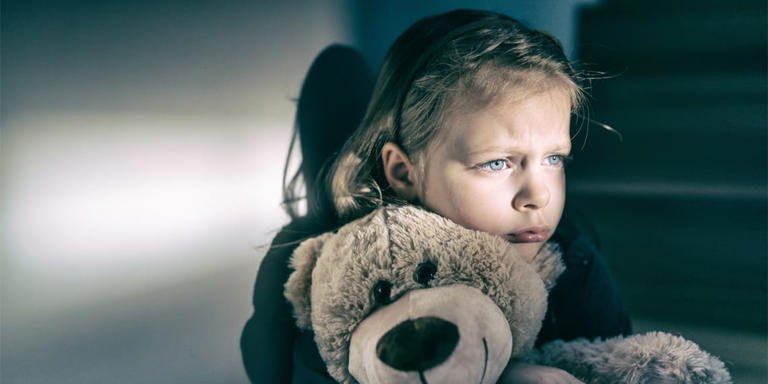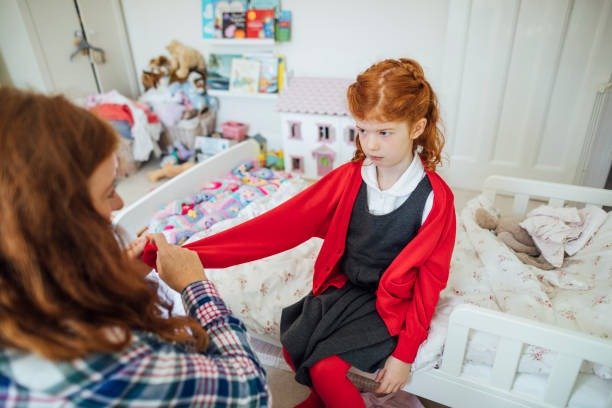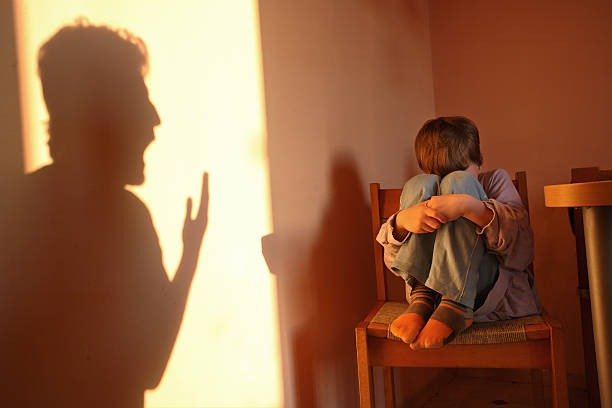Mental Health: The Lasting Impact of Childhood Experiences

Source: http://www.msn.com
A new study published in Biodemography & Social Biology sheds light on how adverse childhood experiences (ACEs) can lead to adult symptoms of anxiety and depression, with life history strategies playing a mediating role.
Drawing from life history theory, the research highlights how childhood adversity influences psychological and behavioral adaptations. The theory suggests that individuals in unstable or hostile environments are more likely to adopt “fast” life strategies—characterized by early reproduction and risk-taking—while those in stable environments lean toward “slow” strategies, focusing on long-term planning and higher parental investment.
Nazila Amani and Gholamreza Dehshiri examined this connection in a study involving 248 Iranian adults aged 18 to 53, recruited during the COVID-19 pandemic. Participants completed assessments measuring childhood adversity, life history strategies, and symptoms of anxiety and depression. Results indicated that fast life strategies mediated the relationship between ACEs and adult mental health vulnerabilities.
This study provides fresh evidence linking early-life adversity, life history strategies, and mental health, offering a nuanced understanding of how childhood environments shape long-term psychological outcomes.
Read more of the story here: https://childreninfobank.com/safebank/study-examines-how-early-experiences-shape-our-mental-health-trajectory-2/
Image Source: http://www.msn.com





